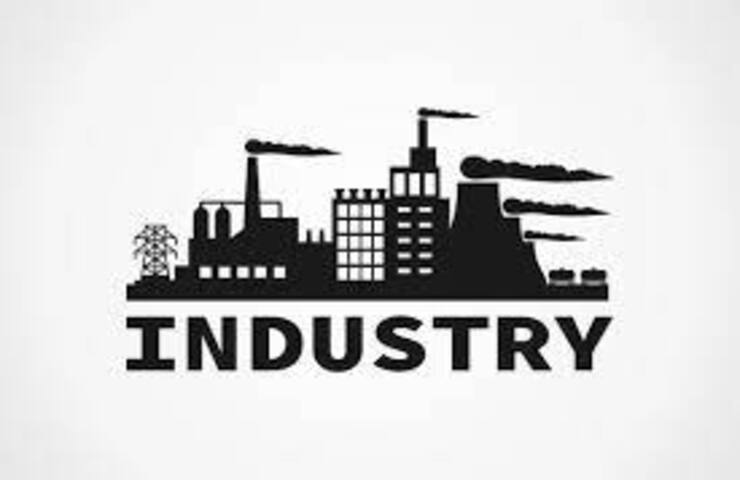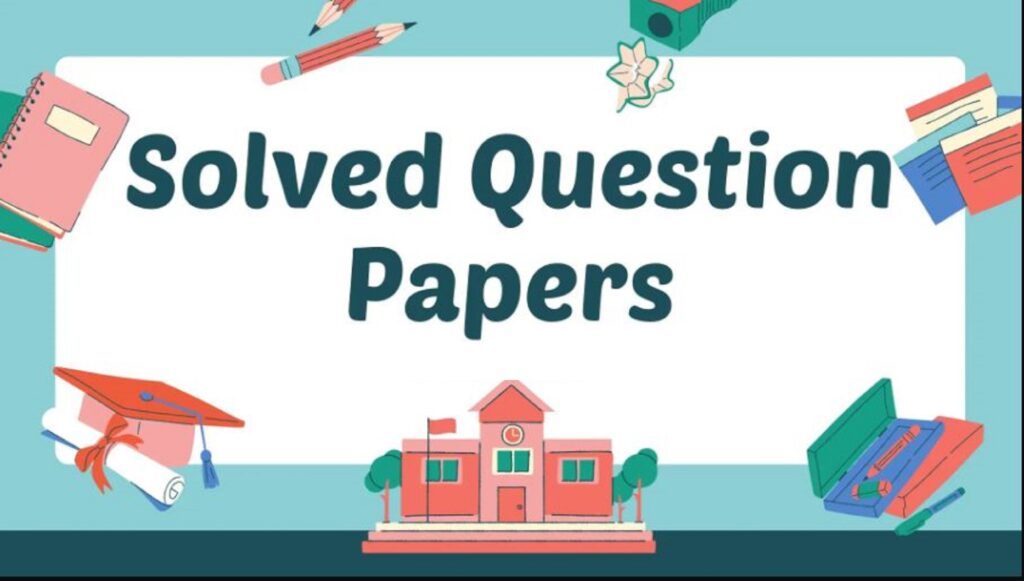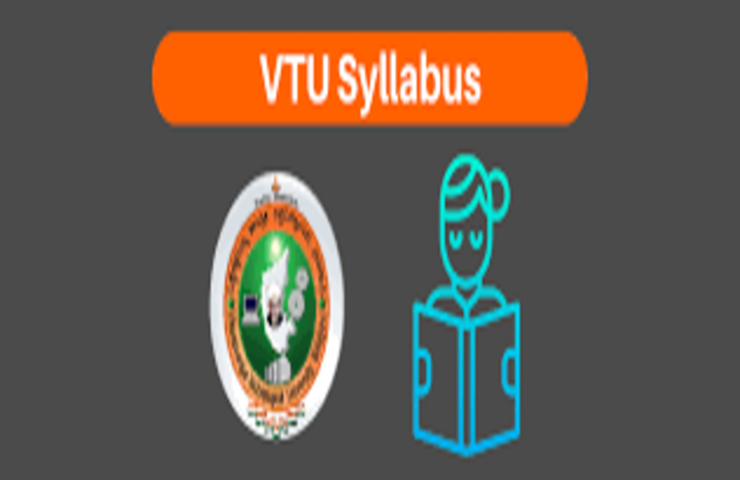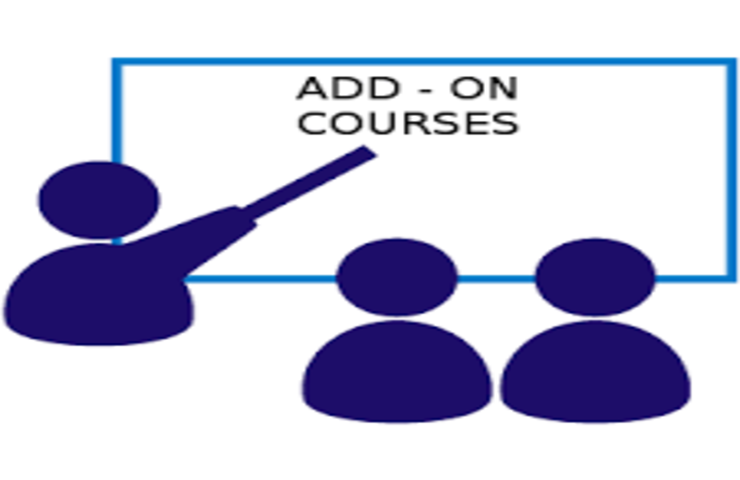Civil Engineering is one of the oldest disciplines of engineering fields. Civil Engineering is all about infrastructural development and design techniques. The root of civilization is based on civil engineering. If there is no growth in the infrastructure of a country, one cannot think of growth in any sector. One of the greatest engineering legends from India, Sir. M. Vishweshwaryya who has been honored with the knighthood by the queen of England is basically a civil engineer.
Civil Engineers build the world’s infrastructure. In doing so they quietly shape the History of Nations around the world. To train the students with such qualities, the evergreen Civil engineering department was started for the academic year 2010-2011 with the intake of 30 in KLS’s VDIT Haliyal.
Department is well equipped with modern instruments to carry out the laboratory experiments.
The department has a library with a good number of books to help the students to upgrade their knowledge in various areas of Civil Engineering.
The department has a student’s association, “ACES” which conduct Technical Talk, site visit Quiz, Building Model making to encourage the students and to showcase their talents.
Department is headed by Prof. Harsh Jadhav along with other eight well-qualified teaching faculty.
Civil Engineering
Our Vision
“To excel in imparting civil engineering knowledge of global standards in meeting societal and environmental challenges with professional ethics.”
Our Mission
- M1. To develop entrepreneurial and skill and team work among students.
- M2. To inculcate basics of civil engineering knowledge to meet the professional challenges through research and innovation in collaboration with industries.
- M3. To cultivate qualities of professional ethics and commitment towards welfare of the society and environment.
Programme Educational Outcomes
PEO1: To design and utilize new materials, processes, and projects through research and development for the welfare of society
PEO2: To communicate feasible technical solutions for civil engineering problems faced by public through presentations and demonstrations.
PEO3: To enhance the personal knowledge, leadership quality and entrepreneurial skill to succeed in civil engineering profession.
Program Specific Outcomes
PSO1: Graduates will be able to plan, analyse and design in order to execute and maintain civil engineering structures using alternative materials and innovative construction practices for sustainable infrastructural development of the nation.
PSO2: Graduates will be able to pursue career opportunities for personal and professional growth by demonstrating leadership skill, professional integrity and solve issues related to civil engineering and allied fields.
Programme Outcomes
- Engineering knowledge: Apply the knowledge of mathematics, science, engineering fundamentals, and an engineering specialization to the solution of complex engineering problems.
- Problem analysis: Identity, formulate, review research literature, and analyze complex engineering problems reaching substantiated conclusions using the first principles of mathematics, natural sciences, and engineering sciences.
- Design/development of solutions: Design solutions for complex engineering problems and design system components or processes that meet the specified needs with appropriate consideration for public health and safety and cultural, societal, and environmental considerations.
- Conduct investigations of complex problems: Use research-based knowledge and research methods including design of experiments, analysis, interpretation of data, and synthesis of the information to provide valid conclusions.
- Modern tool usage: Create, select, and apply appropriate techniques, resources, and modern engineering and IT tools including prediction and modeling to complex engineering achieves with an understanding of the limitations.
- The engineer and society: Apply to reason informed by the contextual knowledge to assess societal, health, safety, legal and cultural issues and the consequent responsibilities relevant to the professional engineering practice.
- Environment and sustainability: Understand the impact of professional engineering solutions in societal and environmental contexts and demonstrate the knowledge of and need for sustainable development.
- Ethics: Apply ethical principles and commit to professional ethics and responsibilities and norms of the engineering practice.
- Individual and team work: Function effectively as an individual and as a member or leader in diverse teams and in multidisciplinary settings.
- Communication: Communicate effectively on complex engineering activities with the engineering community and with society at large, such as being able to comprehend and write effective reports and design documentation, make effective presentations and give and receive clear instructions.
- Project management and finance: Demonstrate knowledge and understanding of the engineering and management principles and apply these to one’s own work, as a member and leader in a team, to manage projects and in multidisciplinary environments.
- Life-long learning: Recognize the need for, and have the preparation and ability to engage in independent and life-long learning in the broadest context of technological change.
CO PO Statements

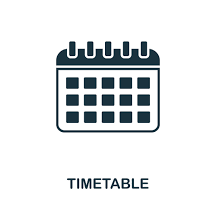
Time Table
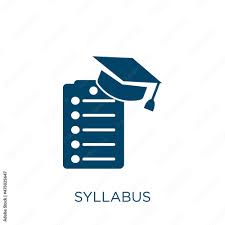
IA Syllabus
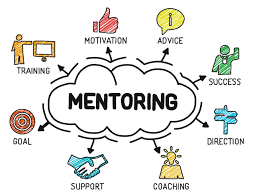
Mentor-Mentee List
Tellus posuere sem fermentum facilisis platea.
Highlights of the Department
Laboratories
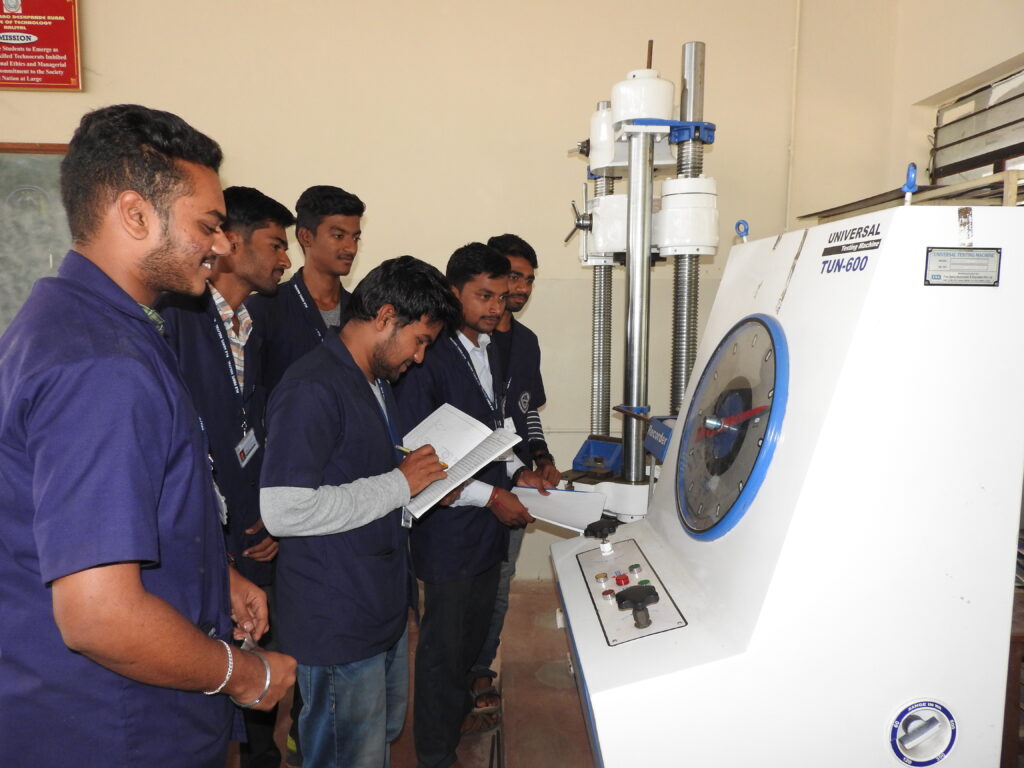
Building Material and Testing Laboratory
Total Expenditure is Rs 8.68 Lakh
Area of Lab: 120 Sq.m
Major Equipment: The laboratory is well established with Modern Equipments like
- Universal Testing Machine (60 tonnes Capacity)
- Tile Abrasion Testing Machine
- Hardness Testing Machine
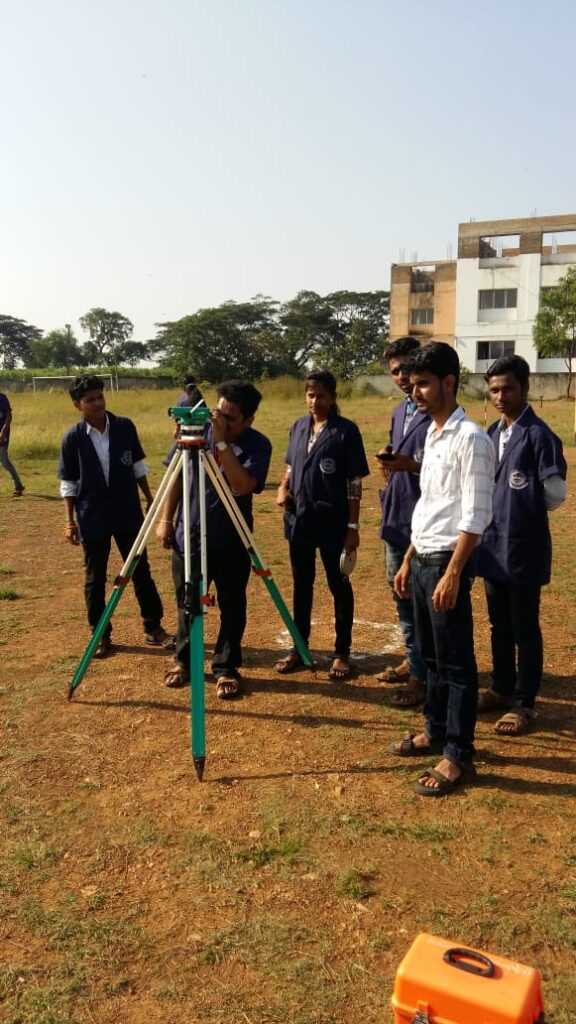
Basic Surveying Practice Laboratory
Total Expenditure is Rs 12.41 Lakh
Area of Lab: 110 Sq.m
Major Equipment: The laboratory is well established with Modern Equipments like
- Total Station
- Auto Level
Dumpy Level
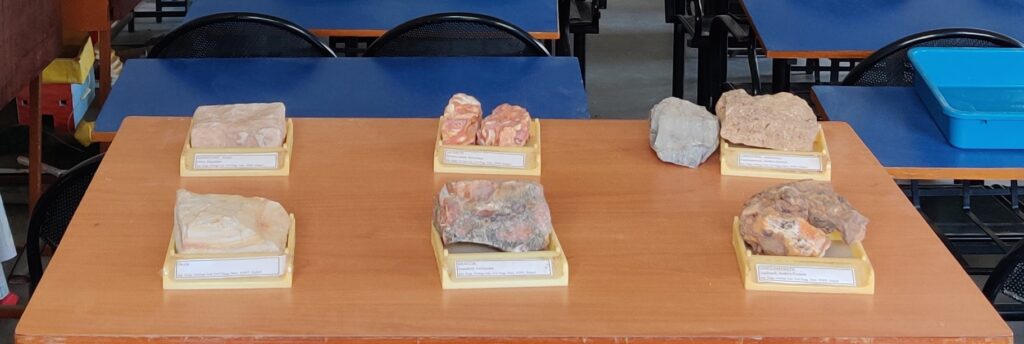
Applied Engineering Geology Laboratory
Total Expenditure is Rs 1.76 Lakh
Area of Lab: 100 Sq.m
Major Equipment: The laboratory is well established with Modern Equipments like
- Bruton Compass
- GPS
Major Hand specimen
- Hardness Box
- Maps
- Minerals and Rocks.
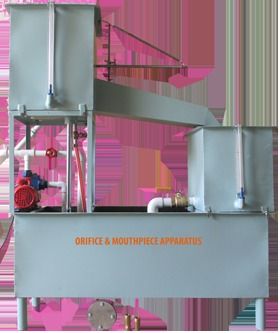
Fluid Mechanics and Hydraulic Machine Laboratory
Total Expenditure is Rs 4.40 Lakh
Area of Lab: 200 Sq.m
Major Equipment: The laboratory is well established with Modern Equipments like
- Kaplan Turbine
- Francis Turbine
- Impact of Jet Vane
- Centrifugal Pump
- Pelton Turbine
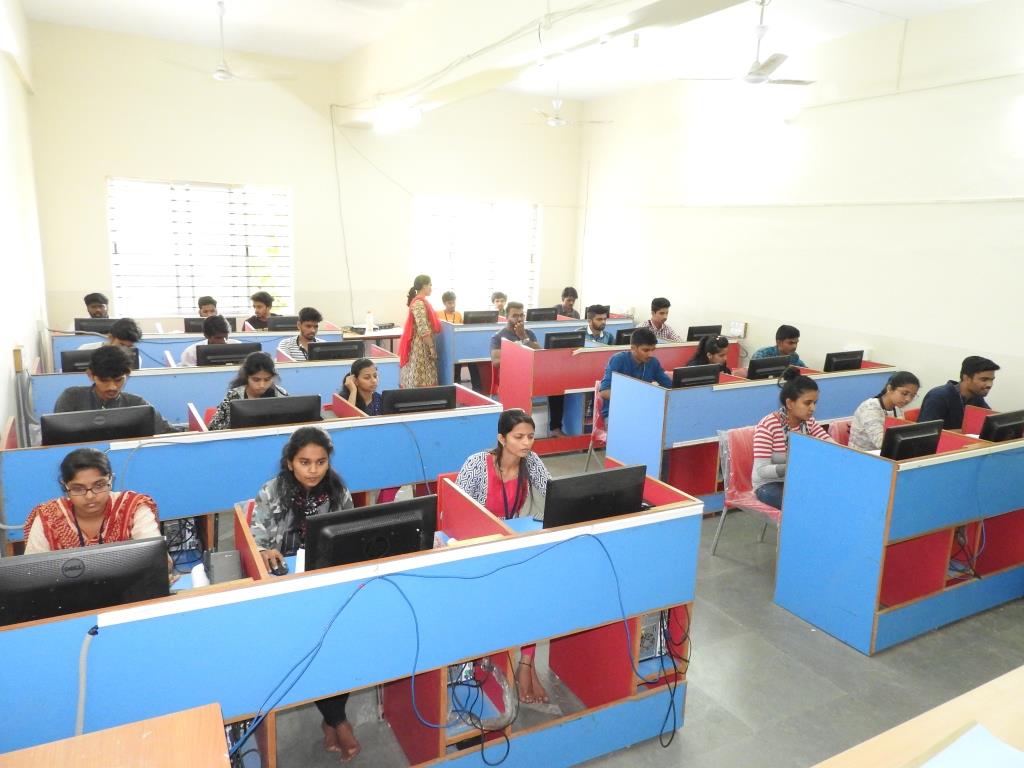
CAD LAB AND SAL LAB
Area of Lab: 110Sq.m
Major Equipment: The laboratory is well established with software’s such as
- Auto-Cad
- Staad-Pro

Concrete and Highway Material testing Laboratory.
Total Expenditure is Rs 14.22 Lakh
Area of Lab: 110Sq.m
Major Equipment: The laboratory is well established with Modern Equipments like
- Rapid Chloride Permeability Test (RCPT)
- Compression Testing Machine
- LOS Angeles Abrasion testing machine
- Ductility testing Machine
- Self-compacting concrete Instruments
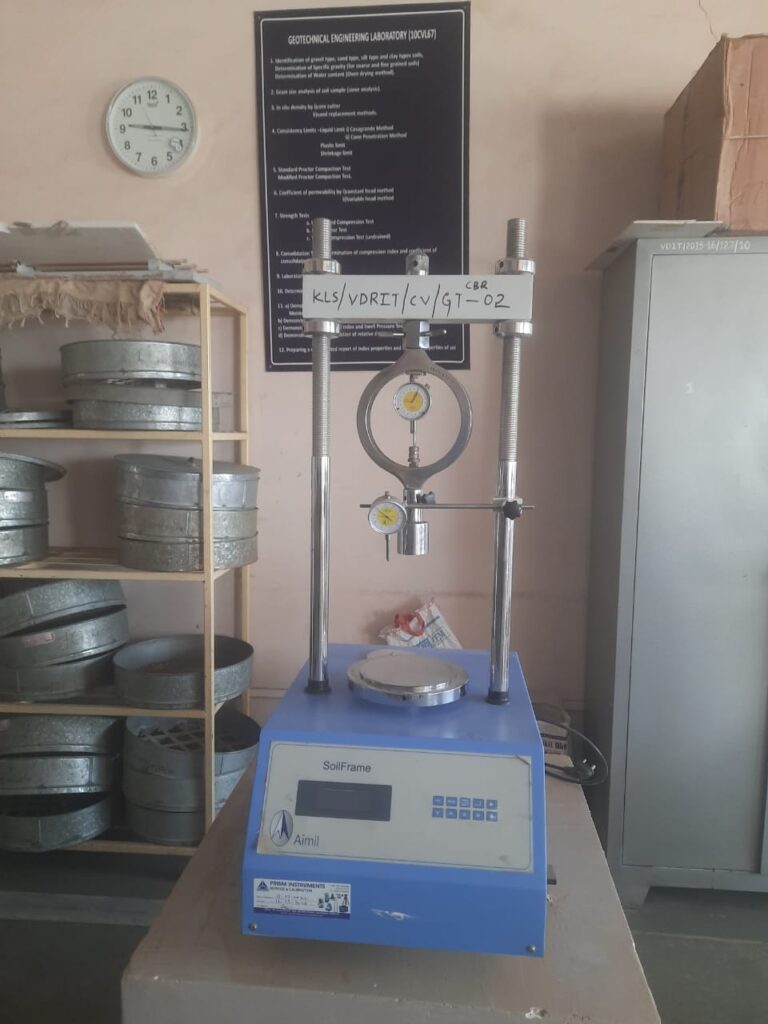
Geotechnical Engineering Laboratory
Total Expenditure is Rs 18.43Lakh
Area of Lab: 110Sq.m
Major Equipment: The laboratory is well established with Modern Equipments like
- Direct Shear Apparatus
- Triaxial Apparatus
- CBR Test Apparatus
- Unconfined Compressions Apparatus
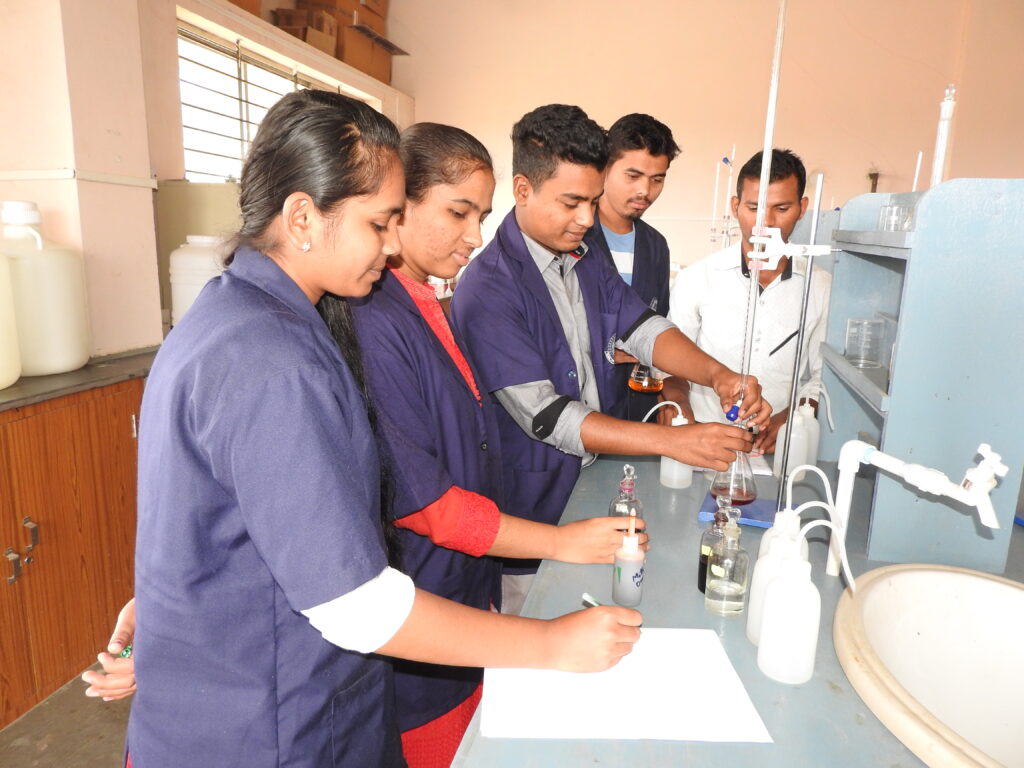
Environmental Engineering Laboratory.
Total Expenditure is Rs 6.69 Lakh
Area of Lab: 110Sq.m
Major Equipment: The laboratory is well established with Modern Equipments like
- COD Test Apparatus
- BOD Test Apparatus
- Jar Test Apparatus
- Photo flam meter

